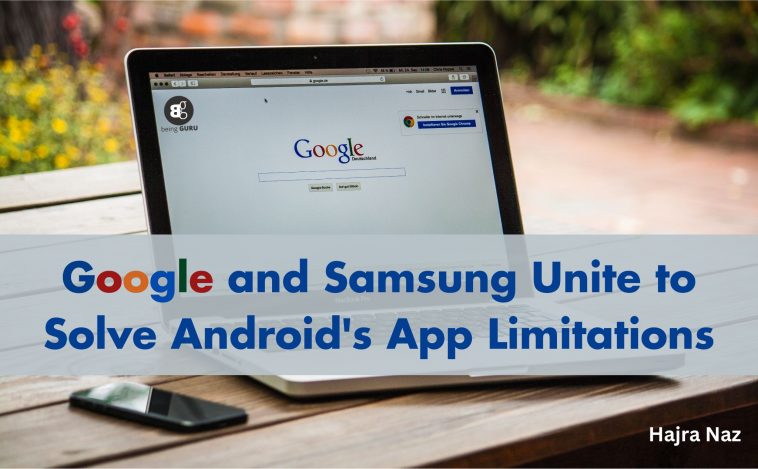- A partnership between Google and Samsung has been announced with the goal of resolving Android background app concerns.
- Beginning with Android 14, Google promises to lessen the number of times that apps are terminated in the background.
- The first Android OEM to join Google’s new initiative is Samsung.
Samsung is the first company to join the effort, and when One UI 6.0 based on Android 14 launches later this year, Galaxy phone owners should benefit from Google’s collaboration with Android device makers to stop apps from being randomly killed in the background.
Google stated in a blog post that the partnership attempts to address one of the long-standing annoyances with Android, specifically the “restrictions on foreground services and background work” across devices. Google will make sure that Android 14’s background APIs are applied uniformly on all devices.
In order to improve system speed and prolong battery life, manufacturers of popular Android phones, like Samsung, frequently remove background programs aggressively. That’s because an app can eat system resources like memory and battery life even when it’s not in use if it is operating in the background. This could result in the device running slower and using up more battery life, which would be bad for the user experience.
Smartphone makers may increase the battery life of their handsets and free up power by disabling background programs. There are certain drawbacks to it, though. For instance, stopping the app will halt any background services that it may be performing, such as synchronizing contacts or downloading new emails.
Associations with hardware producers and these changes,” as indicated by Google, “will make it more straightforward for developers to make applications that work reliably across various Android gadgets.
By making it simpler for developers to declare foreground service types and request type-specific permissions, Android 14 will reduce instances of background app restrictions. This will make it clearer when to use foreground services and guarantee that apps are only blocked when they are not necessary. In order to ensure proper usage of foreground services and user-initiated data transfer jobs, Google Play will also apply additional regulations.
By guaranteeing that background programs function uniformly across all devices, Google and its partners expect to lessen consumer annoyance.




